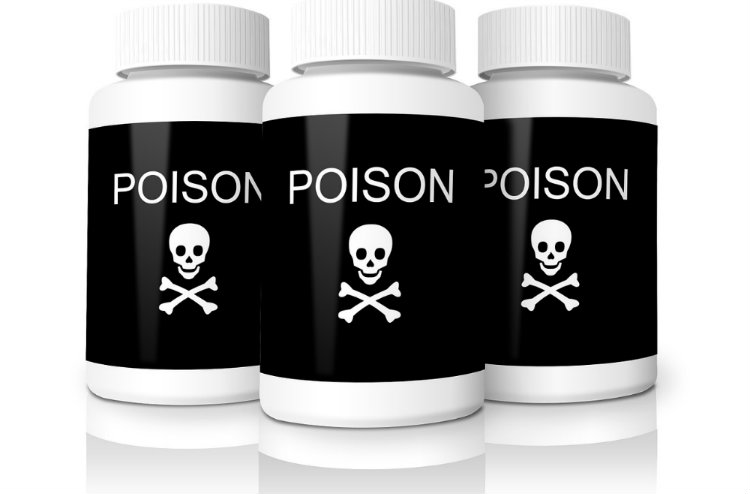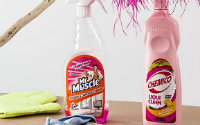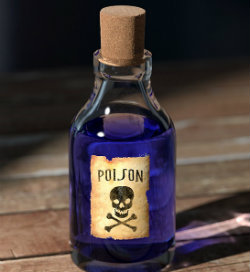Contact Us
Two Pershing Square 2300 Main Street, Suite 170 Kansas City MO 64108Two Pershing Square
2300 Main Street, Suite 170
Kansas City, MO 64108
Directions
Telephone: (816) 221-6600
Toll Free: 1 (877) 284-6600
Fax: (816) 221-6612

9 out of 10 poisonings occur within the household, most of which happen in the kitchen, bathroom, and bedroom. And, more than 60,000 young children end up in emergency rooms every year because they got into medicine. Poisoning is a leading cause of unintentional death so the third week in March is dedicated to raising awareness of poison prevention, highlighting the dangers and how to prevent unintentional poisonings.
Deaths from preventable poisoning numbered 87,404 in 2020, the most current data year. The death rate per 100,000 population was 26.5
A poison is anything that can harm someone if it is used in the wrong way, used by the wrong person or used in the wrong amount. Some poisons hurt you when they are ingested, while others can harm you if they get in your eyes or on your skin.
 We use many products we may not think of as poisons; however, many everyday products can be poisonous.
We use many products we may not think of as poisons; however, many everyday products can be poisonous.
Examples of poisons:
The most common exposures were ingestion of household products such as cosmetics and personal care products, cleaning substances, pain relievers, foreign bodies and plants.
 Is it time to do a little spring cleaning? Make it a point to do a little poison proofing of your home.
Is it time to do a little spring cleaning? Make it a point to do a little poison proofing of your home.
When it comes to bugs and insects
Of course, the first step if you think someone has been poisoned is to call Poison Help, 800-222-1222 to reach your local poison center.
More than 2 million poisonings are reported each year to the Nation’s poison control centers. On average, 90% of these poisonings happen in American homes each year, and more than 70% of people who call Poison Heal get the help they need right where they are.
However, we place our young children and elderly loved ones in the care of others. It is up to these caregivers to ensure that all toxic items be locked safely away and out of reach. When the negligence of a caregiver contributes to poisoning injuries or death, you may want to speak with a personal injury attorney to determine if you have a claim.
If you would like to receive news and blog updates on a regular basis, sign up to receive our email newsletter. Your email address will only be used to send you our newsletter and respond to inquiries.
Past results afford no guarantee of future results and each case is different and is judged on its own merits. The choice of a lawyer is an important decision and should not be based solely upon advertisements.
Editor’s Note: This post was originally published March 20, 2018. It was reviewed on March 16, 2023, updated for content and accuracy and re-published on March 21, 2023.